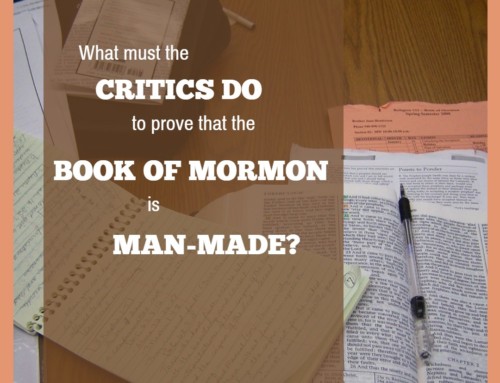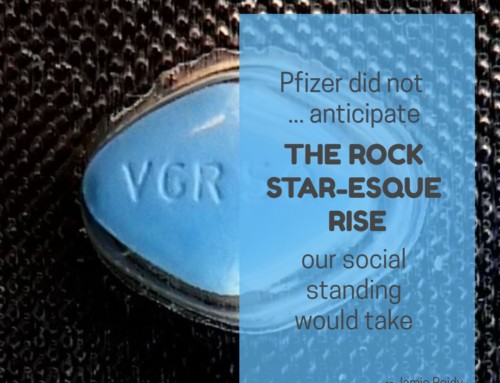Maybe you follow the news closely enough that the name “Blackwater” rings a bell. As for me, I had never heard it until I ran across the book, Civilian Warriors, by Erik Prince.
The book is Prince’s rebuttal to all the bad press his company received for their mistakes in the Iraq War.
Prince is a former Navy SEAL. After his service, he noted that police departments, military units and other gun users were way short on places to train. Prince comes from money. He’s a can-do sort of guy. So he built a training facility in North Carolina, within handy range of a good many East-Coast military bases.
Like most startups, nobody had any idea if people would buy what he was selling. But soon, the world caught on that Prince and his employees had something valuable to offer, and the government came calling, hiring Blackwater men as security guards in their war zones.
On the one hand, the people they were hired to guard stayed alive.
On the other, in at least two incidents, Blackwater employees misjudged a volatile situation. Guns went off. People died.
Prince tells his side of the events that eventually landed his company under the scrutiny of Congressional committees, anti-war journalists and a public that, in my opinion, doesn’t want to think very hard about trade-offs.
Simply put, we’ve cut out military budgets so much, we don’t have enough soldiers to defend ourselves. To fill the shortfall, our country hires privately contractors. Those who object to this practice cite:
–Accountability
— Guns, and
— Profiteering
As for accountability, Blackwater’s guards were governed by contracts sometimes a 1,000 pages long.
As for guns, how would they do their jobs without them? “At home, armed private security guards help protect airports and banks and office buildings. They staff checkpoints at military bases across the country and they’re stationed at government offices in Washington D.C.”
And as for the profiteering, “We were not the largest military contractor in Iraq or Afghanistan, nor were we making the most money. Odds are, though, the average citizen can’t name even a handful of the other providers.”
Blackwater did plenty of things well. Prince and his employees seemed like the kind of people who want to help, and they want to do it badly enough to drop whatever they’re doing and run to the global hotspot that needs them. Being highly trained SEALs, their motto could be “sign for an outfit, . . . ride for their brand.”
Blackwater was nimble. It was responsive. After one mission, Prince might see how he could do it better if he just had some helicopters. So he’d go out and buy some.
As for what Blackwater did poorly, Prince reminds his readers that he hired humans, not machines. And who is the sort of man who says yes to driving through a war zone, pledged to protect some undersecretary of state? Sometimes I think Blackwater employees had to be addicted to adrenaline.
As much as they wanted to help, I do wonder if their sense of mission made them hard to live with back in suburbia.
On balance, though, I’m in favor of Good Guys with Guns. Should I ever be caught in a public building with an active shooter, I’d rather some concealed-carry citizen stood up and took aim, finishing off the drama in 5 minutes. Seems better than hiding under a desk for two hours.
Tradeoffs, people. We have to make tradeoffs.
The book runs heavy on acronymns, which the military loves. Also, Prince names the guns they use here and abroad, and I really can’t picture them, whether they take one hand or two, or a set of wagon wheels to roll into place.
At any rate, it’s only right that he should tell his side of the story.
He doesn’t deny his personal weaknesses. But he strikes me as a man who only wanted to help his country.
Photo credits:
Bombed SUV: FiveD2 on Visualhunt.com / CC BY-NC-ND
Company logo: mashroms on VisualHunt.com / CC BY-NC-ND








Leave A Comment